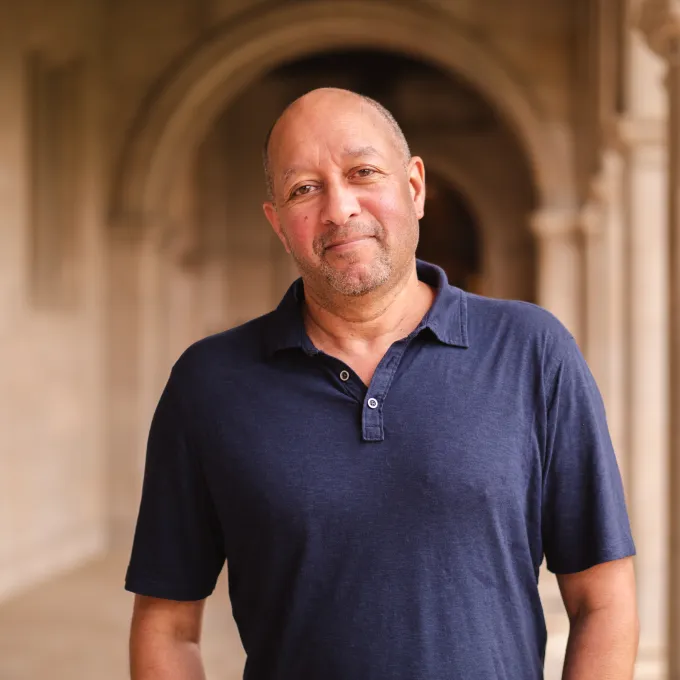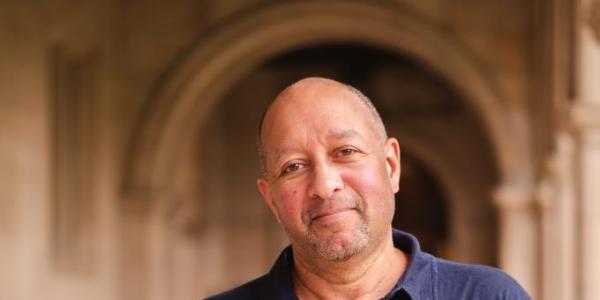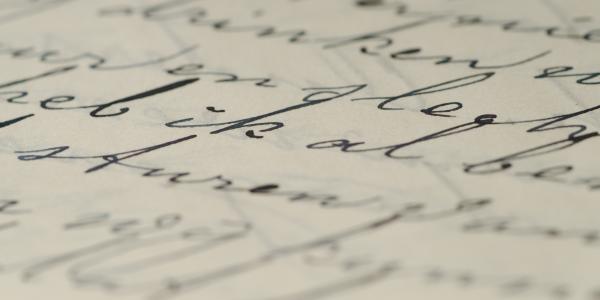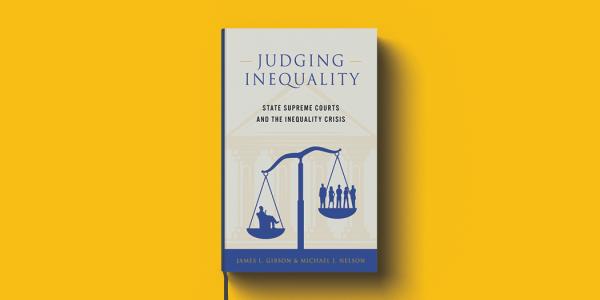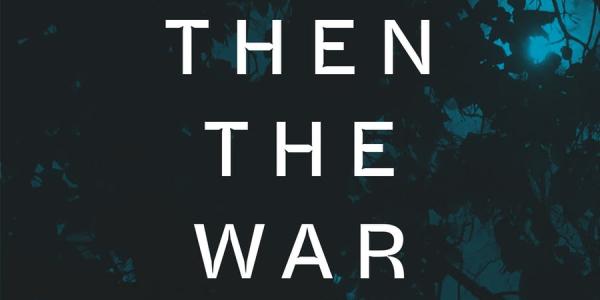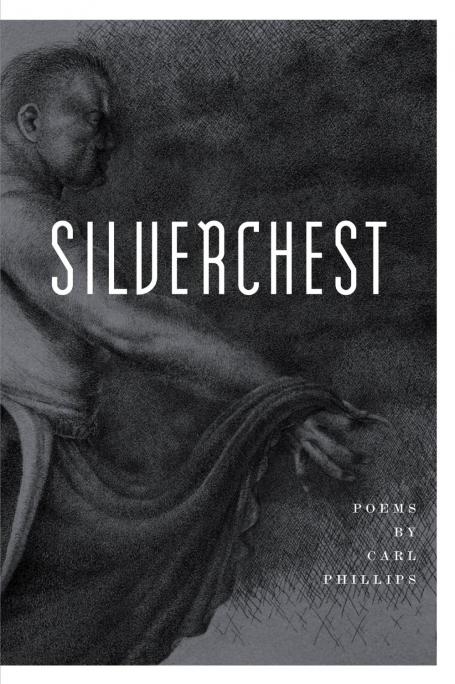Professor Phillips is the highly acclaimed author of 13 collections of poetry.
Winner of the 2023 Pulitzer Prize in Poetry, Phillips has also been a finalist for both the National Book Award and the National Book Critics Circle Award. Other honors include the Lambda Literary Award, an Award in Literature from the American Academy of Arts and Letters, the Theodore Roethke Memorial Foundation Poetry Award, the Thom Gunn Award for Gay Male Poetry, and fellowships from the Guggenheim Foundation, the Library of Congress, and the Academy of American Poets, for which he served as Chancellor from 2006-2012.
Phillips' first book, In the Blood, won the 1992 Samuel French Morse Poetry Prize and was heralded as the work of an outstanding newcomer in the field of contemporary poetry. In addition to contemporary poetry and the writing of it, his academic interests include classical philology, translation, and the history of prosody in English.
Carl Phillips is the author of 15 books, most recently the Pulitzer Prize winning collection, Then the War: And Selected Poems, 2007-2020 (Macmillian, 2022). Other books include Wild Is the Wind (FSG, 2018), The Tether, winner of the Kingsley Tufts Poetry Award, and Double Shadow, winner of the Los Angeles Times Book Prize. His prose books are The Art of Daring: Risk, Restlessness, Imagination (2014) and Coin of the Realm: Essays on the Life and Art of Poetry (2004), and he has translated Sophocles’s Philoctetes (2004). A finalist for both the National Book Award and the National Book Critics Circle Award, his other honors include the Lambda Literary Award, an Award in Literature from the American Academy of Arts and Letters, the Theodore Roethke Memorial Foundation Poetry Award, the Thom Gunn Award for Gay Male Poetry, and fellowships from the Guggenheim Foundation, the Library of Congress, and the Academy of American Poets, for which he served as Chancellor from 2006-2012. In addition to contemporary poetry and the writing of it, his academic interests include classical philology, translation, and the history of prosody in English.

